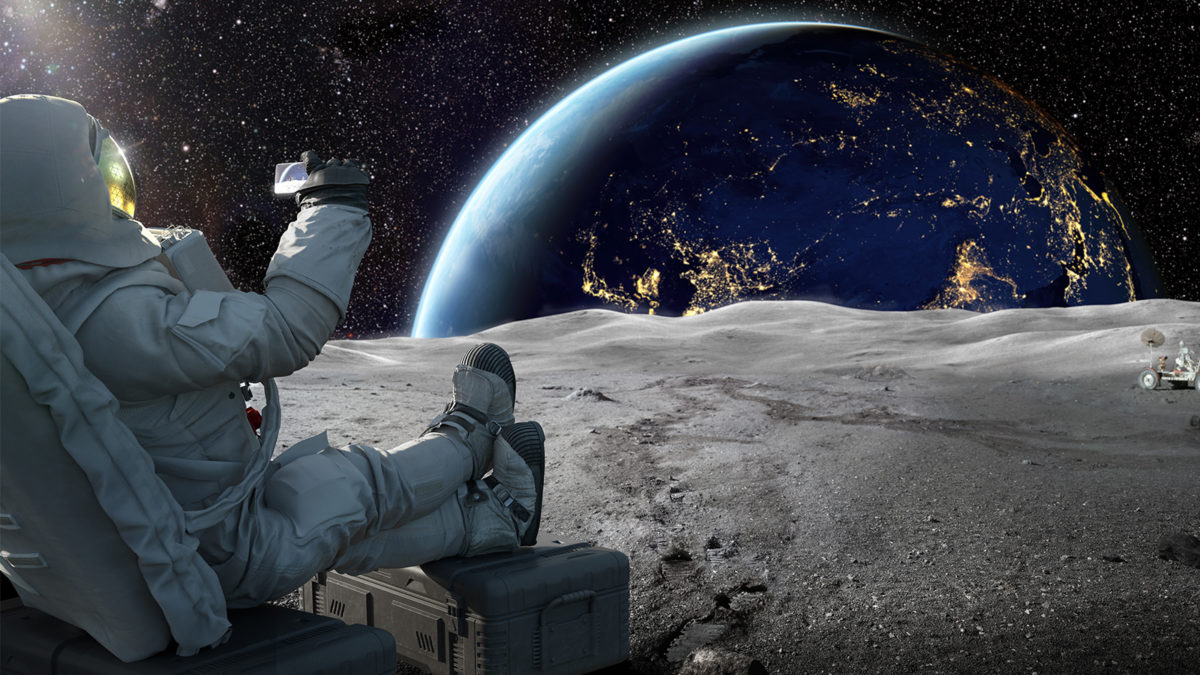Space Travel
Do you ever wonder what it would be like to travel beyond our planet? To leave Earth's atmosphere and explore the vastness of space? Space travel has long been a topic of fascination for people all over the world. From the earliest days of human civilization, we have gazed up at the stars and wondered what lies beyond. Today, with advances in technology and a renewed focus on space exploration, we are closer than ever to making space travel a reality.
The history of space travel
Humans have been exploring space for over 60 years, beginning with the launch of the Soviet Union's Sputnik 1 satellite in 1957. Since then, we have sent countless probes, satellites, and rovers to explore the far reaches of our solar system and beyond. In 1961, Soviet cosmonaut Yuri Gagarin became the first human to journey into space, paving the way for the first American astronaut, Alan Shepard, to follow suit less than a month later.
The space race between the United States and the Soviet Union dominated the 1960s, with each nation striving to outdo the other in a race to the moon. In 1969, the United States achieved that goal with the landing of the Apollo 11 mission. Since then, humans have continued to explore space, sending probes to Mars, Jupiter, Saturn, and beyond.
The challenges of space travel
Space travel is not without its challenges. The harsh environment of space can be deadly to humans, with extreme temperatures, radiation, and a lack of breathable air. Additionally, the distances involved in space travel are vast, requiring spacecraft to travel at incredible speeds for extended periods of time.
Another significant challenge of space travel is the cost. Spacecraft and missions are expensive, requiring significant investment from governments and private organizations. However, the benefits of space exploration are numerous, including scientific discovery, technological advancement, and even economic benefits.
The future of space travel
Despite the challenges, there is still much to be excited about when it comes to space travel. In recent years, private companies like SpaceX and Blue Origin have entered the space race, working to make space travel more accessible and affordable. NASA and other government agencies continue to send probes and rovers to explore our solar system, uncovering new discoveries about our universe.
In the coming decades, we may see humans return to the moon, establish a base on Mars, or even journey beyond our solar system to explore other stars and planets. With new technologies and innovations being developed all the time, the possibilities for space travel are endless.
Labels: Interesting, science, Technology


0 Comments:
Post a Comment
Subscribe to Post Comments [Atom]
<< Home